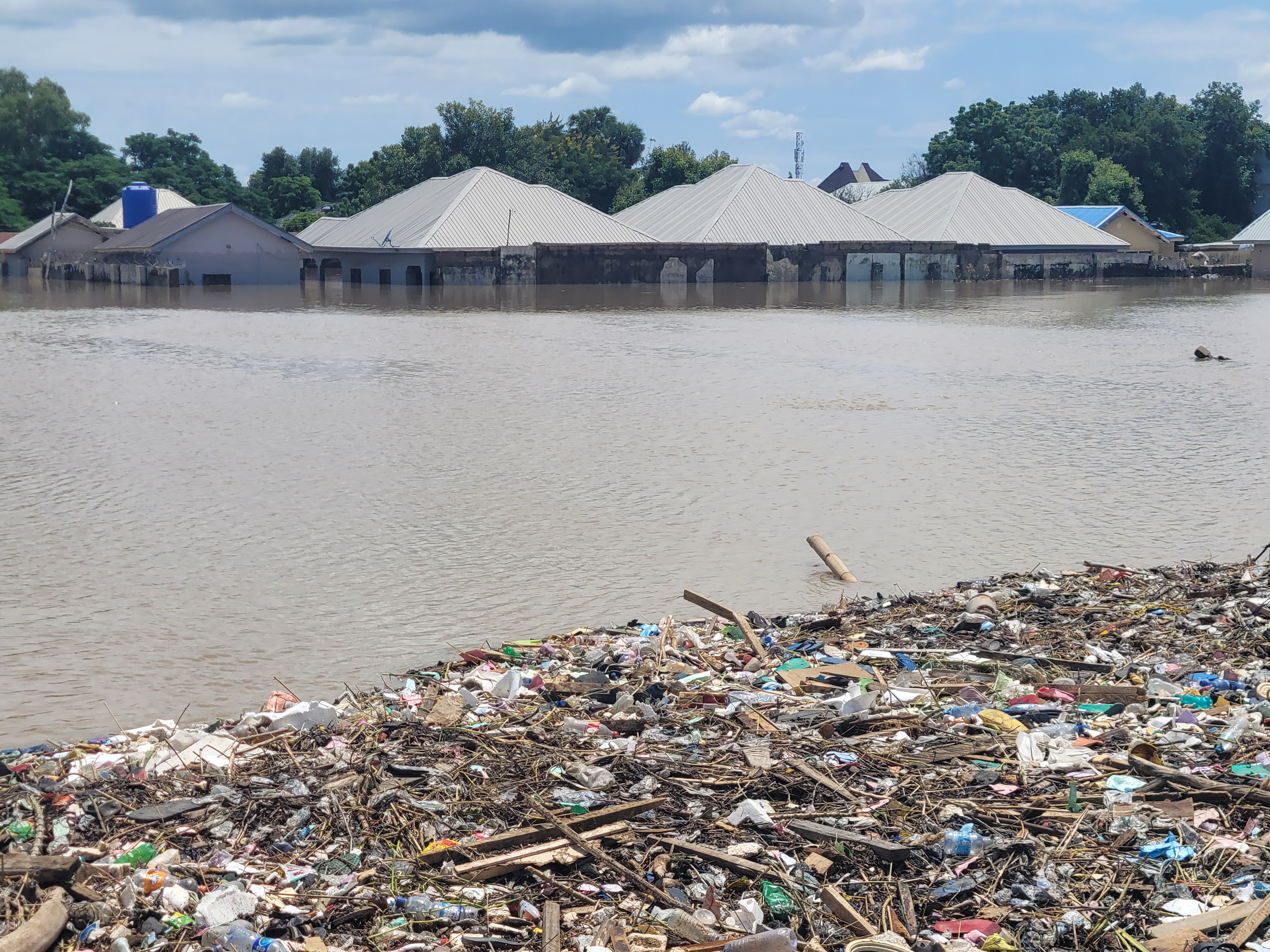History of CARE International’s work in Nigeria
CARE International began work in Nigeria in 2017, in response to the emergency crises between Boko Haram and the military counterinsurgency that led to tens of thousands of people being killed and the abduction of women and girls.
CARE Nigeria works in Borno and Yobe, two states in Northeast Nigeria who face extreme levels of food insecurity and hunger, worsened by more than a decade of conflict.
What CARE International does in Nigeria
Our work in Nigeria focuses on:
In recent years, violence in the Lake Chad Basin has led to mass displacement and an increase in humanitarian needs across northeastern Nigeria, Cameroon’s Far North region, western Chad, and southeastern Niger.
Nigeria is the hardest hit by the crisis, with 7.1 million people in need of humanitarian assistance, including hundreds of thousands of children suffering from acute malnutrition. In response, CARE Nigeria distributes food and provides sexual and reproductive health services, including in response to gender-based violence in Yobe and Borno States.












